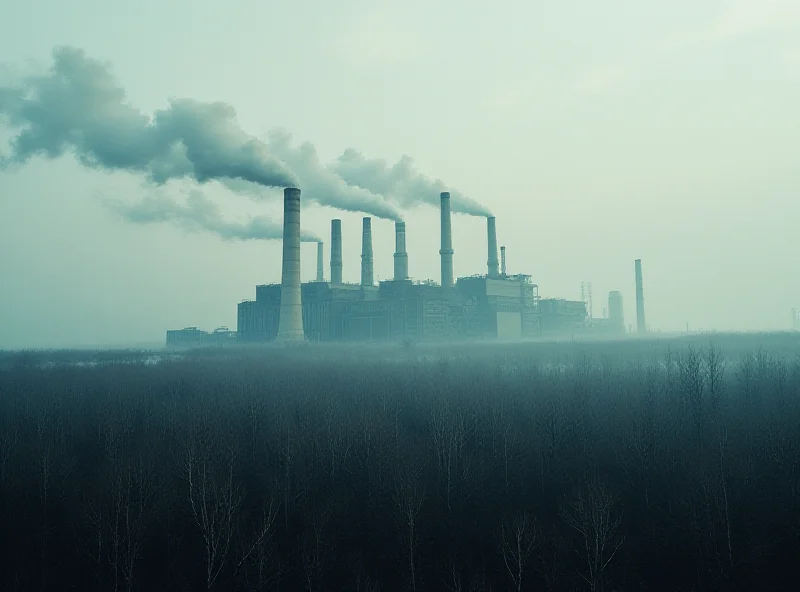The world can often feel like a chaotic place, and lately, the news has been filled with stories that leave you questioning the very fabric of society. From alleged abuses of power to horrifying acts of cruelty, a dark undercurrent seems to be running beneath the surface. This article delves into some of these troubling narratives, exploring the themes of unchecked authority, systemic failures, and the disturbing capacity for human depravity.
The "Chainsaw" of Corporate Power
The idea of governance seems to be evolving, or perhaps devolving, into something far more sinister. One analysis suggests that modern leaders are less concerned with traditional rule and more interested in wielding power like corporate executives. The article pointedly states, "For the new despots, countries do not need rulers, but rather business executives with the vertical power of absolute kings." This notion of absolute, unchecked authority in the hands of individuals driven by profit raises serious concerns about accountability and the potential for exploitation.

Failures in Safeguarding: The Case of Rashid Zaman
Perhaps even more disturbing is the repeated failure of systems designed to protect the vulnerable. The case of Rashid Zaman, a convicted murderer, highlights this issue starkly. Despite failing a DBS (Disclosure and Barring Service) check – intended to prevent him from working with children – Zaman was still able to access schools for charity projects. This egregious oversight exposes a critical flaw in the safeguarding process, leaving children at risk. How can parents trust institutions when such basic checks are so easily circumvented?
This failure isn't isolated. It suggests a systemic problem where preventative measures are either inadequate or improperly enforced. The consequences, as demonstrated by the Zaman case, can be devastating.
The Depths of Human Cruelty: The Graham Marshall Case
Moving beyond systemic failures, we are confronted with the horrifying reality of individual depravity. The case of Graham Marshall is a stark reminder of the capacity for cruelty that exists within some individuals. Marshall, 39, was jailed for nearly six years for forcing his partner to perform sexual acts on their pet pug, Charlie, while filming the abuse.

This case is not just about animal abuse; it's about the complete violation of trust, the exploitation of vulnerability, and the utter disregard for the well-being of both his partner and the innocent animal. Such acts force us to confront the darkest aspects of human nature.
Environmental Concerns and Ethical Lapses
Even in the realm of energy production, ethical concerns persist. The head of Ofgem, the UK's energy regulator, admitted that they cannot guarantee that all wood burned at the Drax power station is sustainable. This revelation follows reports that Drax has been burning wood pellets sourced from rare forests. This raises questions about corporate responsibility and the potential for environmental damage in the pursuit of profit.

These are just a few examples of the dark undercurrents that seem to be permeating society. From the abuse of power to the failure of safeguarding systems and the disturbing acts of individual cruelty, these stories demand our attention and a commitment to creating a more just and compassionate world.
